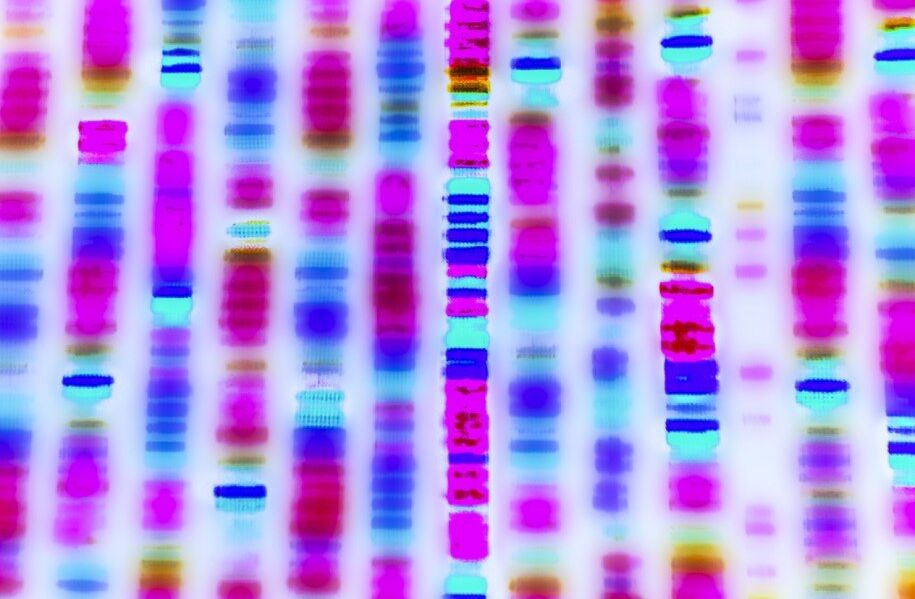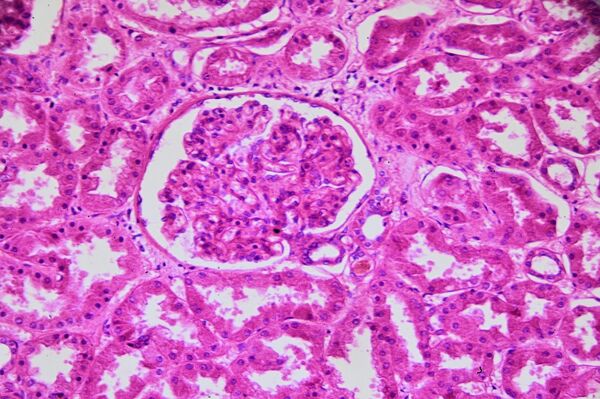You will be contacted by your clinical team; this can include doctors, nurses and genetic counsellors. There are three main reasons why your clinical team may contact you.
(i) Your clinical team will contact you if there is a new result for you. The first analysis of your data may have given you a confirmed diagnosis, a partial explanation, or may not have identified any causative variants. Results may also come from subsequent analyses of the data. This can happen for several reasons; for example, because new information has come to light and your clinical team has requested a new analysis, or a researcher has identified a genetic variant that might be causing your health condition and your clinical team agree that this is relevant for you. Please see Question 3 for further information about potentially diagnostic variants identified by researchers.
(ii) Your clinical team may also contact you if a researcher would like to work with them and needs further information that may be helpful for interpreting your genome data, or if they would like to publish their findings in a medical journal. If your clinical team think this may be helpful and further information is required beyond the original consent that you gave for research (for the 100,000 Genomes Project or within the Genomic Medicine Service), they will contact you to ask for your permission.
(iii) Your clinical team may also contact you if they find a clinical trial or patient registry you may be eligible for. They will give you information and discuss whether you may be interested in pursuing this. A clinical trial is usually designed to test the effectiveness of a new medication or other treatment option. A patient registry collects information, and may include an observational study, to learn more about a condition and any changes over time.
In most cases, the reasons for contacting you will relate to the reason you had genetic testing. Participants who consented for research (which includes all who are in the 100,000 Genomes Project), may also be contacted about a clinical study that is relevant for other symptoms they have developed or another condition they have been diagnosed with, that appears in the longitudinal healthcare data we receive over time. For example, if you were in the 100,000 Genomes Project because of a cancer, but later develop a problem with your vision, we may contact your clinical team if there is a clinical trial for a new eye treatment that you could be eligible for.
Related FAQs: Questions 3, 4 and 5



